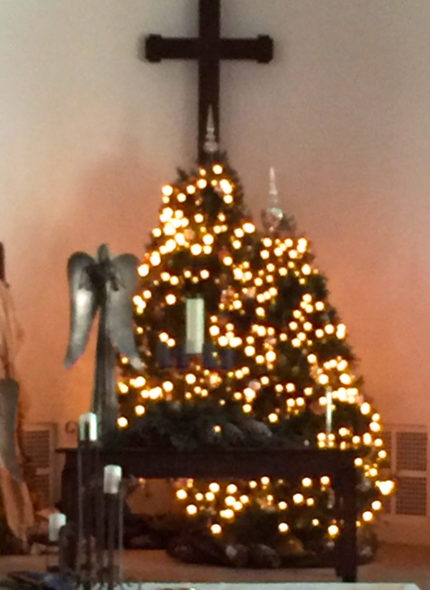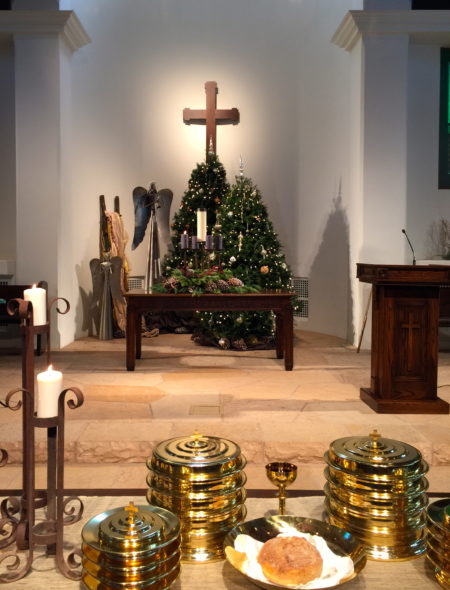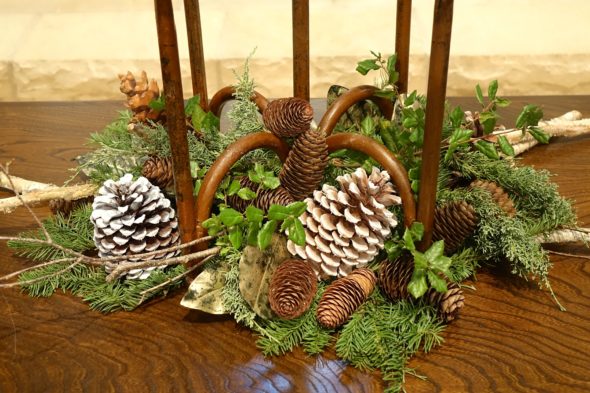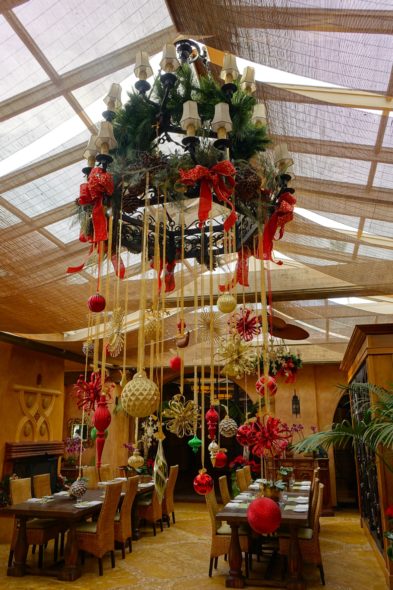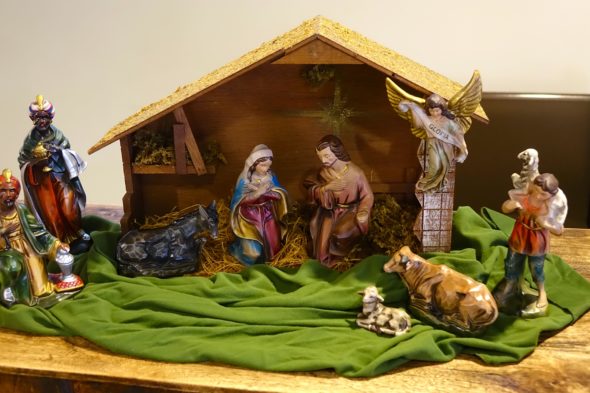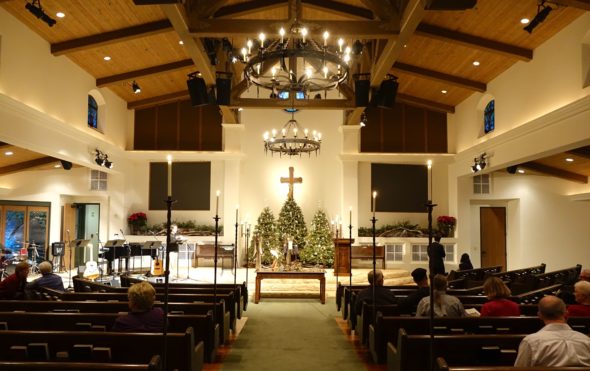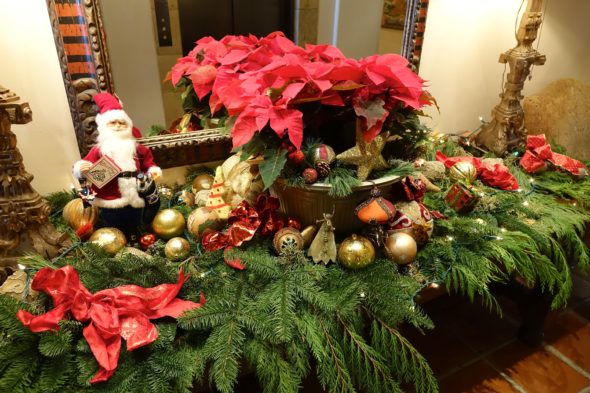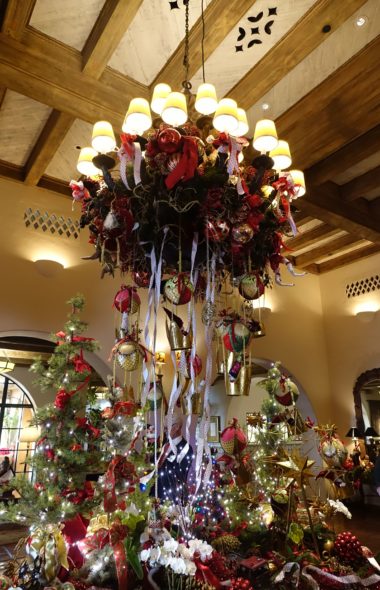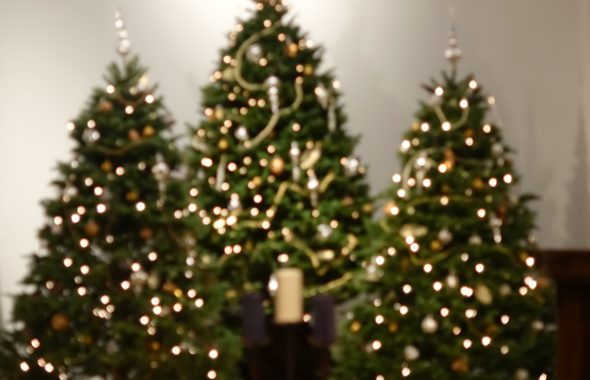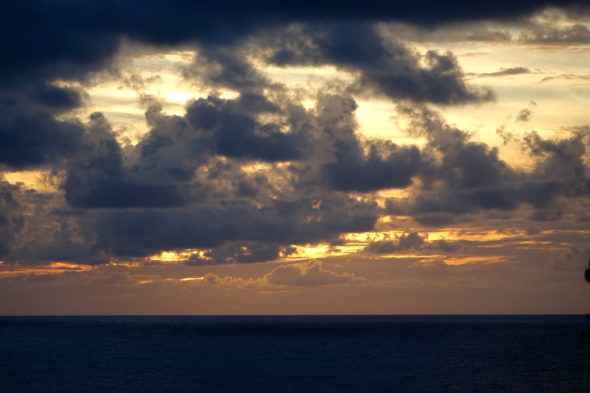Psalm 21
Isaiah 41:14-20
Romans 15:14-21Isaiah 41:14-20
Do not fear, you worm Jacob,
you insect Israel!
I will help you, says the Lord;
your Redeemer is the Holy One of Israel.
Now, I will make of you a threshing sledge,
sharp, new, and having teeth;
you shall thresh the mountains and crush them,
and you shall make the hills like chaff.
You shall winnow them and the wind shall carry them away,
and the tempest shall scatter them.
Then you shall rejoice in the Lord;
in the Holy One of Israel you shall glory.When the poor and needy seek water,
and there is none,
and their tongue is parched with thirst,
I the Lord will answer them,
I the God of Israel will not forsake them.
I will open rivers on the bare heights,
and fountains in the midst of the valleys;
I will make the wilderness a pool of water,
and the dry land springs of water.
I will put in the wilderness the cedar,
the acacia, the myrtle, and the olive;
I will set in the desert the cypress,
the plane and the pine together,
so that all may see and know,
all may consider and understand,
that the hand of the Lord has done this,
the Holy One of Israel has created it.
I gotta say, the pickins for today are SLIM. At least at first read-through. But then I read through the prophet one more time and was immediately struck by all the water imagery in the second verse up there. Look at that magnificent word picture, will you?
When the ‘poor and needy’ need water, where must they go to find it? To God alone, that’s where. And though many of us are far from poor economically, we are all poor in spirit, poor in resources, poor in faith, poor in trust. And God promises not to forsake us in our thirstiness. Water will appear in unexpected places — on the ‘bare heights,’ in the ‘midst of valleys,’ in the wilderness, there will be pools, and in the dry land, springs will appear. God alone will put in trees, a wide variety of shade and even fruit bearing green things for our comfort, enjoyment, nourishment. The needs of our senses will be met, as well as our spirits. These trees are even sweet-smelling!
And God will do this as a sign — a sign to the wider world of God’s activity in that world, of God’s provision for your deepest and most basic needs. A sign of hope.
I could use a little of that just now. What about you?
